Why Joe Biden Is Not Running For President
By:
Vice President Joe Biden is not running for president. In an announcement at the White House, Biden said that his "window has closed" on pursuing the presidency. Speaking in the Rose Garden, Biden said that while he may not be running for the high office in 2016, he'll "not be silent."
The vice president clearly tested the water, with reports of him and his team meeting with donors, union leaders, and even interviewing prospective campaign staff. But in the end, Biden decided to forego one last run at the White House after having been defeated twice—in 1988 and 2008—in the primaries.
Should Biden have run? Here are three reasons that Biden was smart to stay out of the race, but here are also three reasons he should have gotten into it.
Why Biden is smart to stay out of the race.
1. Clinton has a huge financial lead.
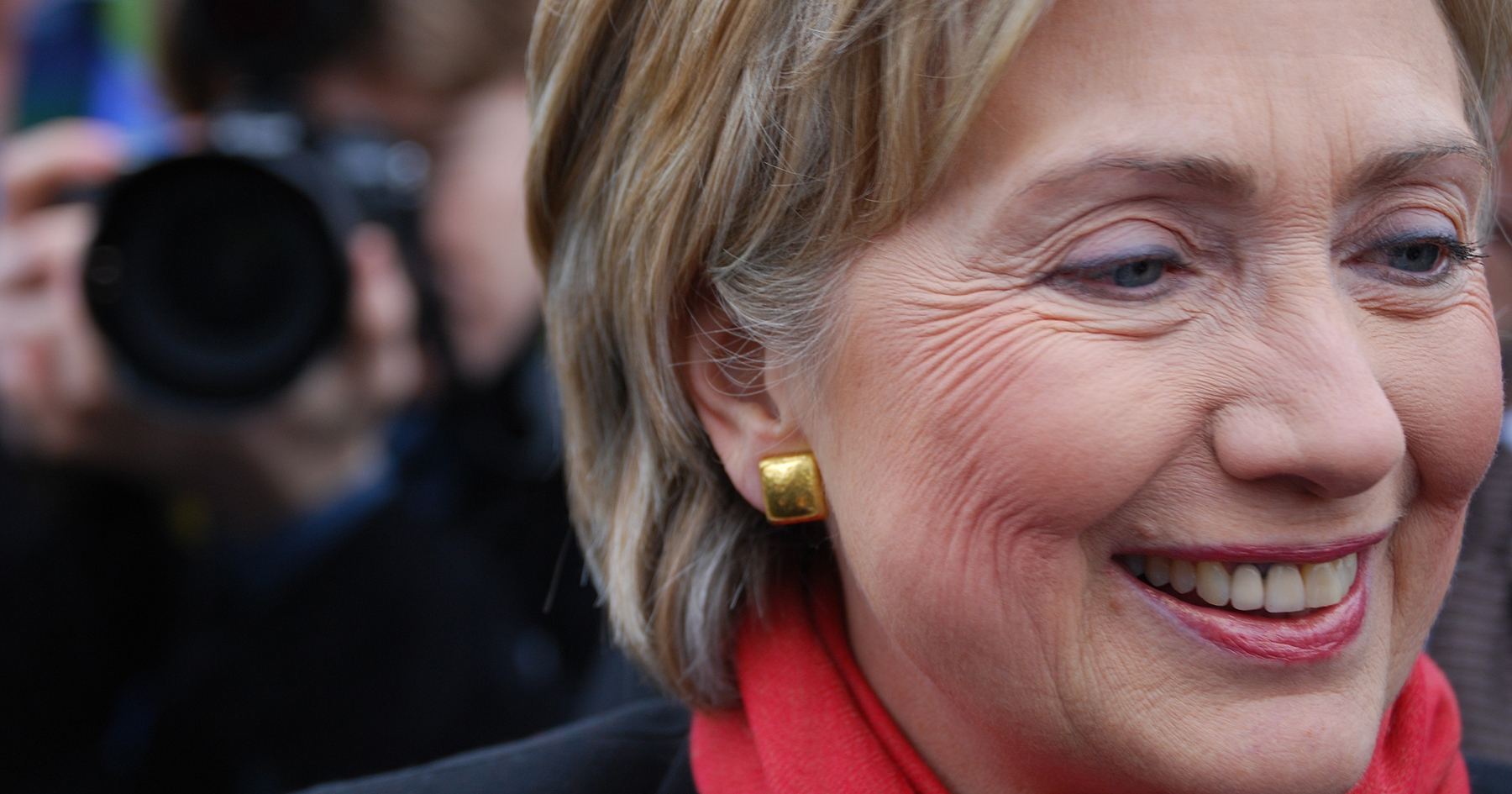
The frontrunner for the Democratic nomination, Hillary Clinton, is by far the most cash-flushed candidate this election season, spending more on campaign staff, office space, and advertising than any other candidate so far, according to Federal Election Commission filings released last week. She ended the third quarter with $33 million, compared to Bernie Sanders, her close-second candidate, who reported $27.1 million. (Sanders likely since spilled over the $30 million mark thanks to fundraising following last week's Democratic debate.) Either way, at this stage in the game, a Biden campaign would have been hard-pressed to court big ticket donors already retained by Clinton. He'd also have trouble attracting grassroots donors who largely seem devoted to Sanders' campaign.
2. There's not enough of a difference between Joe Biden and the other candidates.
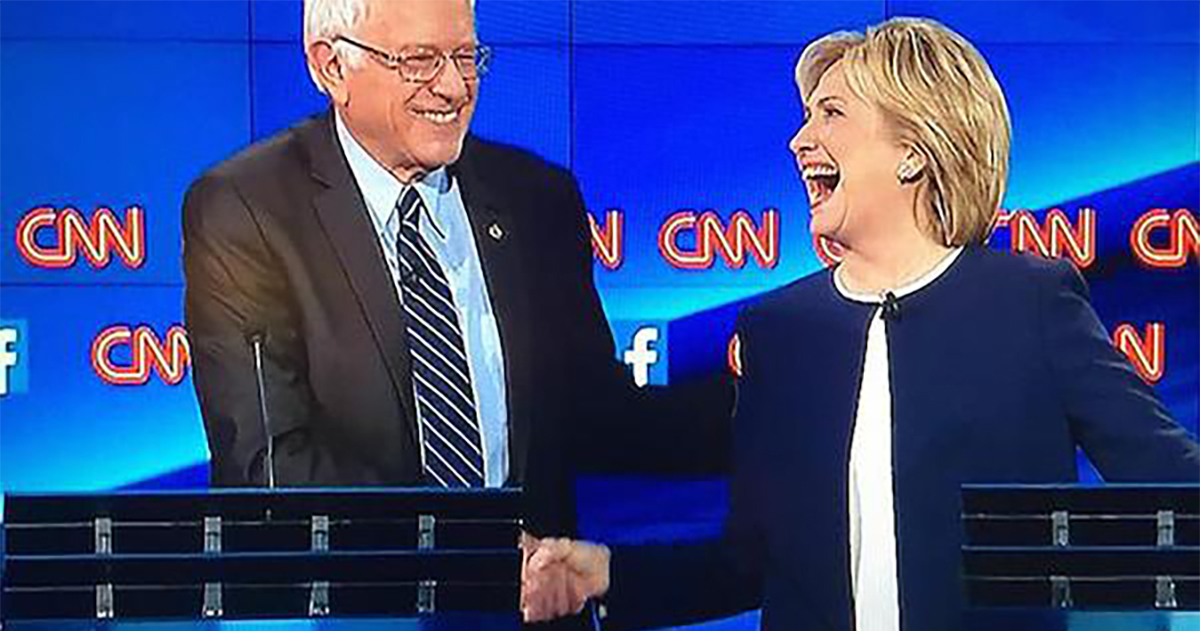 CNN screenshot
CNN screenshot
Following the recent Democratic primary debate, the polls have made at least one thing clear about the Democratic field: the dominance of Hillary Clinton and Bernie Sanders. Biden, thanks to swirling rumors, was invited to join the debate, but declined. But participating could have given him a leg up, helping him break out of his third place spot in the polls behind the two front runners. He's better known than candidates Martin O'Malley and Lincoln Chaffee, but up against lefty favorite Sanders and fellow establishment Democrat Clinton, Biden skeptics say he didn't offer any radically fresh perspectives on the issues to sway votes—a key facet of a late-in-the-game campaign.
3. Biden does not appear to have grassroots support.
 AP Photo/Troy Wayrynen - apimages.com
AP Photo/Troy Wayrynen - apimages.com
If Clinton is the establishment candidate and Sanders renders a groundswell among grassroots ranks, what was Biden's key voting demographic?
As CNN points out, Biden's connection to blue collar workers is "at the core of his political soul," but the VP's support of a sweeping trade deal—to which many labor groups are opposed—puts him in an awkward political spot, especially considering that Democrats will likely rely on Republican congressional support to secure its final passage. Moreover, Biden has rarely been a favorite among progressives or youth voters, some of the key demographics this year. For example, his constant touting of a massive 1994 criminal justice bill doesn't necessarily hold up well in today's political climate: that bill set in place some of the destructive tough-on-crime policies that propped up not only the disproportionate targeting of minority communities, but also generally contributed to a bloated prison population lawmakers are now set on rescinding.
Why Biden should have run for president.
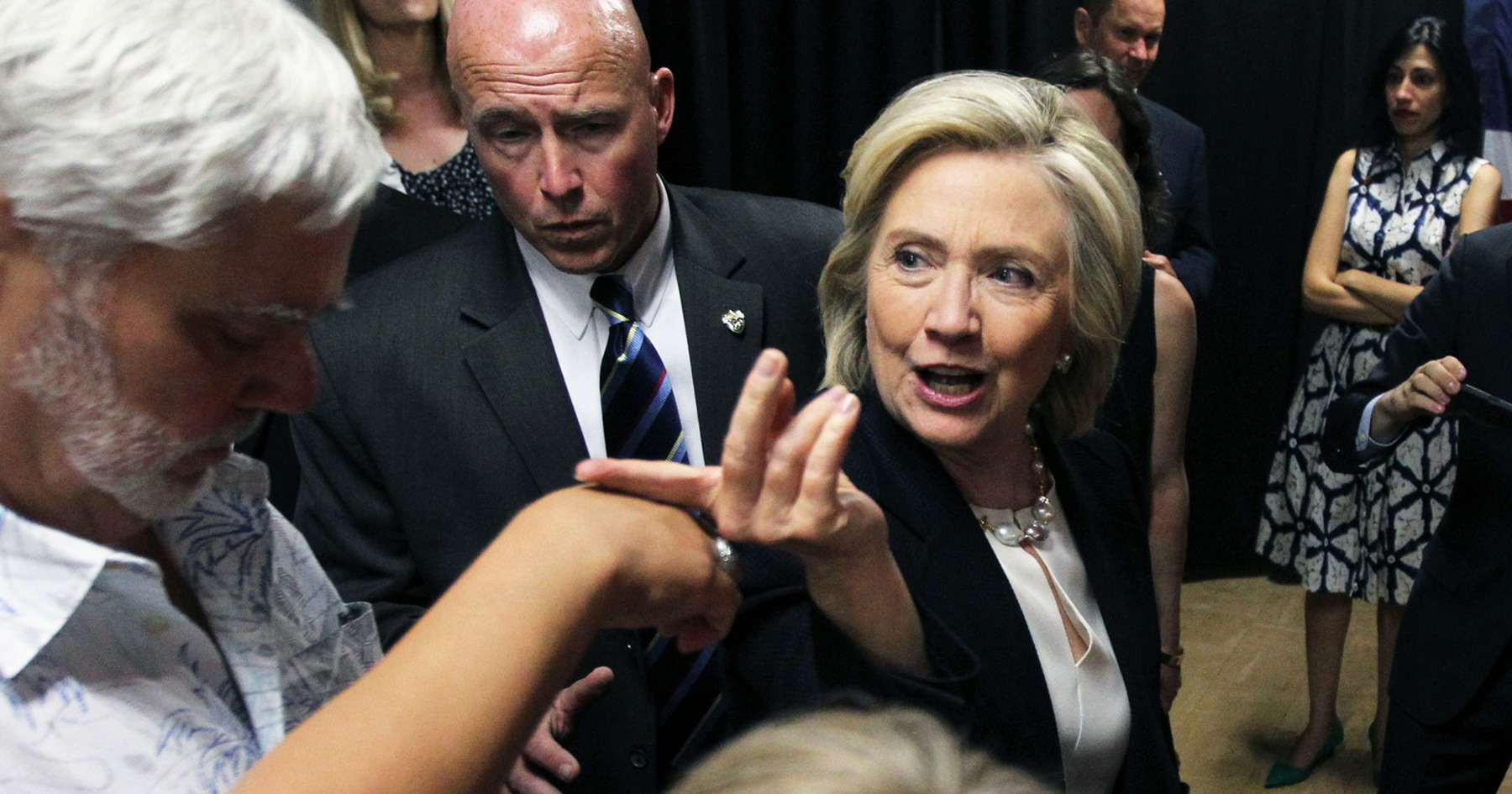 AP Photo/Lance Iversen - apimages.com
AP Photo/Lance Iversen - apimages.com
1. Hillary Clinton might still be brought down.
Clinton's email scandal remains one of the most persistent and nagging campaign storms in the entire candidate field. Following the debate, Clinton was largely considered to have come out the victor in media polls, but if questions surrounding her emails become more probing and problematic for her campaign, Biden could have presented an equally prominent establishment politician able to carry the party flag, unabated by the drastic policy proposals the could end up costing Sanders a nomination. According to one national poll released Monday, Clinton leads the field with 45 percent support form registered Democrats, compared to just 29 percent supporting Bernie Sanders, and 18 percent supporting Biden. Then again, other polls show him to be the most-liked candidate out of the bunch.
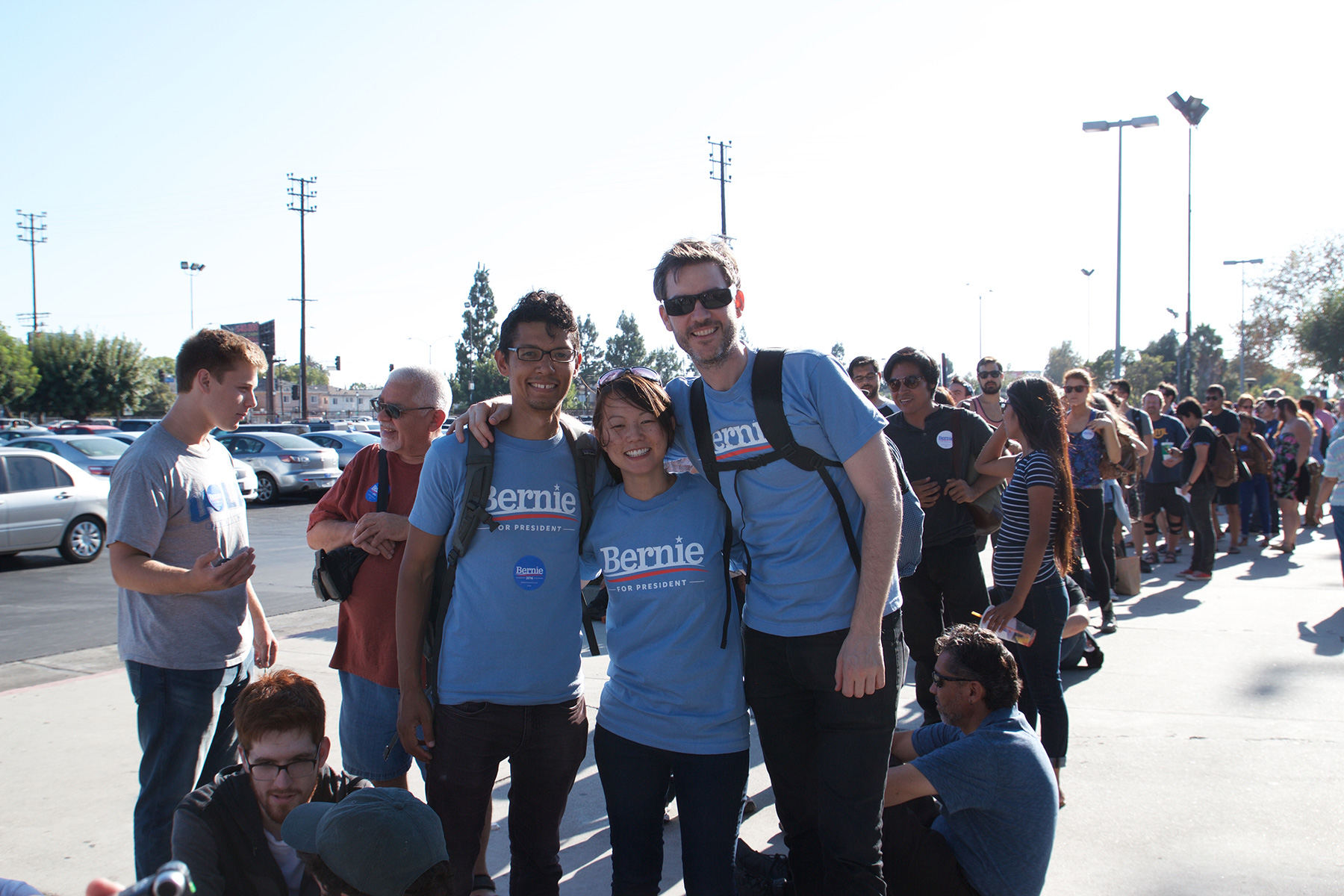 /Kyle Jaeger
/Kyle Jaeger
2. Clinton has not yet excited the Democratic base, and Sanders still has an electability problem.
However dominant Clinton may seem on stage and in the polls, her vulnerability and inability to corner the Democratic electorate has been unnervingly evident ever since Sanders entered the field towing sweeping support from grassroots movements and young people laden with student debt—as well as Baby Boomer Democrats still driving Volkswagen buses. Notably, Clinton's run has been largely devoid of the fervor that surrounds Sanders' massive campaign rallies and characterizes his supporter group. Biden, who enjoys what the press deem an "authenticity," and is liked by Americans (but only fairly recently), might have rallied excitement among those suspicious of Clinton but reluctant to pour their votes into Sanders' radical propositions.
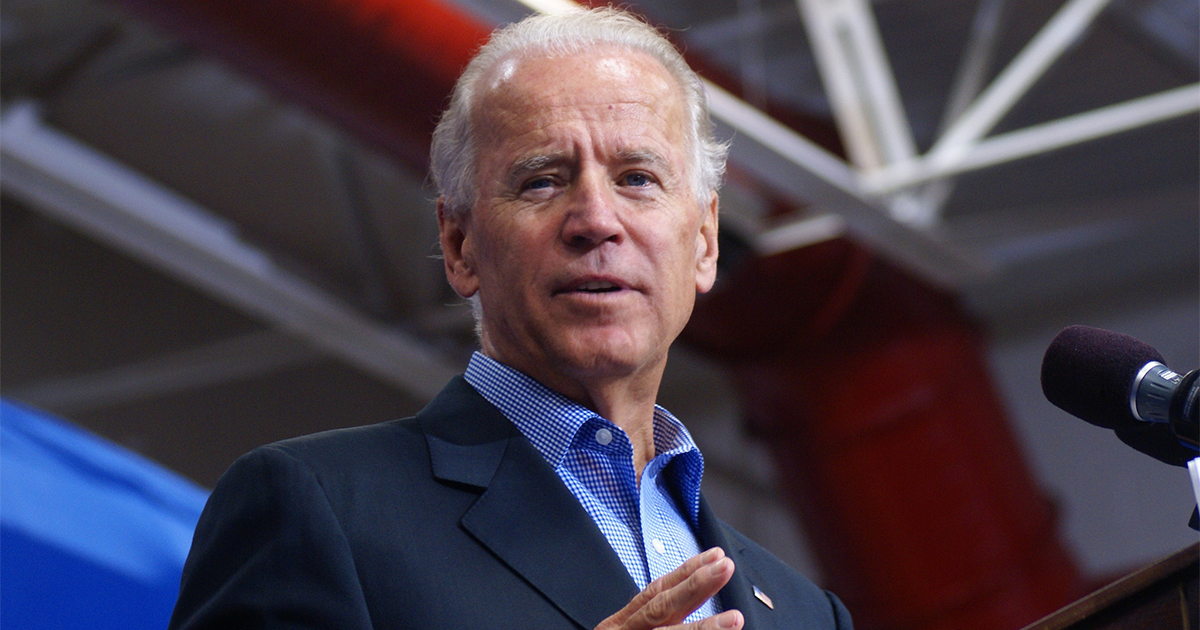 Flickr/marcn - flic.kr
Flickr/marcn - flic.kr
3. People really like Joe Biden
Biden enjoys a reputation that places him comfortably as a sort of everyman's politician; a Main Street candidate susceptible to unscripted public appearance gaffes, emotional moments, and tragedies in the family. He was in the unique position to carry the Obama White House legacy for another four years, and at the same time one of the most viable candidates for bipartisan deal brokering—a skill for which he has been known and relied upon in the past.
